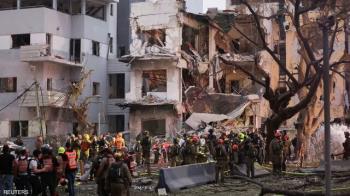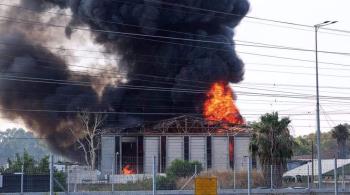Alwaght- Popular uprisings in Bahrain began in a particular time following crises in other Arab countries such as Tunisia, Egypt, Syria, and Libya. Nevertheless, the experience of revolutionary upheavals in these countries had cautioned the rulers of the Persian Gulf countries against any similar developments in their countries and the alarm bell had rung for them. To the extent that the fear of uprisings similar to those in North Africa made the rulers of the emirates in the northern part of the Persian Gulf adopt a unified policy of oppression. Oppressing the protests with Special Forces of repression known as the “Island Shield” and considering the political protests as critical security issues prevented the development of Bahrain revolution.
Accordingly, Al Khalifa regime adopted the policy of political repression and dealt with the opposition based on media propaganda, sectarianism with attributing the public movement to Iran. This way the Bahraini regime turned the normal political situation to a security matter to prevent the pressure of public opinion, international organizations and human rights groups.
The persistence of this policy over a long period of time, gradually undermined the revolution process, not to mention the fact that some countries and regional powers also were affected by the regional polarization between the Axis of Resistance and the Axis of Reconciliation, and they also adopted some policies in line with the regional governments to suppress the revolution in Bahrain.
However, recent changes in the regional and international circumstances, including nuclear deal between Iran and the P5 + 1, the stronger role of Russia in the region, international and domestic limitations of the US to support the Al Khalifa, and the fact that Saudi Arabia (as the main sponsor of Bahraini regime) has been involved in several battlefronts including Syria and Yemen, have all paved the way for a change in this situation.
The new conditions will ensure the continued public resistance and the protest of the Bahraini people; besides, there would be more regional and international consultations between Iran, the West and Arab countries to resolve the crisis in Bahrain. However, the prospect of these consultations is greatly influenced by other upcoming regional developments.
Therefore, it seems that as the regional crises are resolved and the diplomatic efforts have begun, which could exert pressure on regional supporters of the Al Khalifa, the Bahraini revolutionary resistance has been revitalized and it has set the conditions for providing the minimum interests of the Shiites. However, in this approach, attempts should be made to prevent the escalation of conflicts and radicalism.
At the end, we may conclude that when the West Asia is facing severe crises such as ISIS, the Taliban, Iraq, Syria and Bahrain, and the revolution in Bahrain is overshadowed by more serious conflicts in the region and the world, and it has not had the chance to come into prominence in the world. Therefore, to give more attention to the revolution in Bahrain and the management of political upheavals in the country, especially with regard to propaganda, political and psychological dimensions, despite all the limitations, can greatly help draw the attention of the international community to the issue of Bahrain and accelerate the triumph of the Bahrain revolution.


























